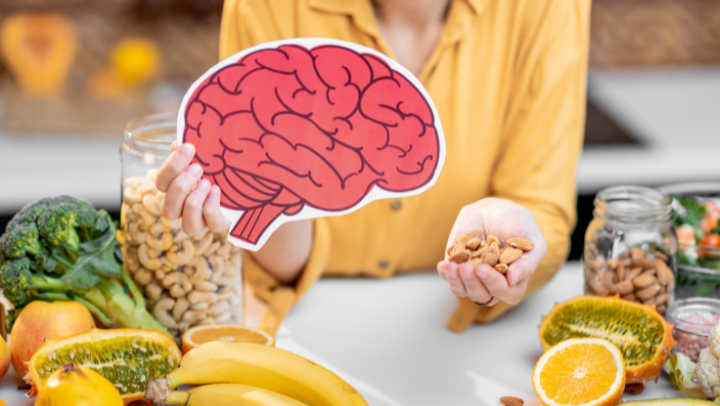
In today’s fast-paced world, processed foods have become a convenient staple for many. While offering quick and easy meals, their impact on brain health shouldn’t be overlooked. As you embrace active senior living in St. Pete Beach, understanding the connection between processed food and cognitive function is crucial for maintaining a sharp and healthy mind.
Our brain, the command center of our body, is an intricate organ demanding a precise equilibrium of nutrients to function optimally. It’s akin to a high-performance engine that requires premium fuel for peak performance. A diet brimming with whole, unprocessed foods provides the essential building blocks – vitamins, minerals, and antioxidants – that nourish and protect this complex neural network. These micronutrients act as catalysts, supporting cognitive functions such as memory, learning, focus, and problem-solving.
From the moment we wake up to when we rest our heads on the pillow, our brains are constantly at work, consuming a substantial portion of the body’s energy. To fuel this tireless organ effectively, a steady supply of glucose, the brain’s primary energy source, is crucial. This energy is derived from our carbohydrates, emphasizing the importance of choosing complex carbohydrates found in whole grains, fruits, and vegetables over refined sugars.
Beyond energy, our brains rely on diverse nutrients for their structural integrity and optimal function. Omega-3 fatty acids, for instance, are vital components of brain cell membranes, influencing communication between neurons and supporting cognitive flexibility.
Processed foods are often high in unhealthy fats, added sugars, and artificial additives, all of which can harm the brain. These ingredients can contribute to inflammation, oxidative stress, and disruptions in neurotransmitter function, ultimately leading to cognitive decline and an increased risk of mental health disorders.
Numerous studies have shown a strong link between the consumption of processed foods and cognitive decline. Many processed items’ high sugar, salt, and unhealthy fats can impair memory, learning, and overall brain function. This can make focusing, problem-solving, and retaining information more challenging, affecting your daily life and productivity.
The detrimental effects of processed food extend far beyond physical health, casting a long shadow over our mental well-being. While the correlation between diet and cognitive function has been increasingly recognized, the impact on mental health is a burgeoning area of research.
Emerging evidence suggests a compelling link between the consumption of processed foods and the development of mental health disorders. These ultra-processed items, replete with added sugars, unhealthy fats, and artificial additives, can trigger a cascade of inflammatory responses within the body. This chronic inflammation has been implicated in the exacerbation of various mental health conditions, including depression, anxiety, and even neurodegenerative diseases such as dementia.
Your brain, the command center of your body, thrives on the fuel you provide. A balanced diet is not merely a component of physical health but a cornerstone for optimal brain function. By prioritizing whole, unprocessed foods, you’re supplying your brain with the essential nutrients it needs to operate at its peak.
A diet rich in vibrant fruits and vegetables offers an array of antioxidants and vitamins, which shield your brain cells from damage and inflammation. Whole grains provide sustained energy, supporting concentration and focus. Lean proteins are building blocks for neurotransmitters, chemicals facilitating communication between brain cells. And healthy fats, found in sources like avocados and nuts, nourish brain cells and support cognitive function.
The benefits of this nutritional approach extend beyond the present. Regular consumption of brain-boosting foods can enhance mood, memory, and learning abilities. Moreover, it can significantly reduce the risk of age-related cognitive decline, such as Alzheimer’s disease.
Remember, small dietary changes can significantly impact your brain health. Making conscious food choices can nourish your mind and support optimal cognitive function.
In conclusion, the impact of processed food on brain health is a critical issue that deserves our attention. By understanding how these foods can affect cognitive function and mental well-being, you can make more informed choices about your diet and lifestyle. By incorporating brain-healthy foods and embracing the opportunities for active senior living in St. Pete Beach, you can take proactive steps to support your cognitive health and enjoy a fulfilling, mentally sharp future.
Contact our community at Addington Place at College Harbor to learn more about the active senior living options in St. Pete Beach and how they can support your brain health. Call us today at (727) 866-3124.